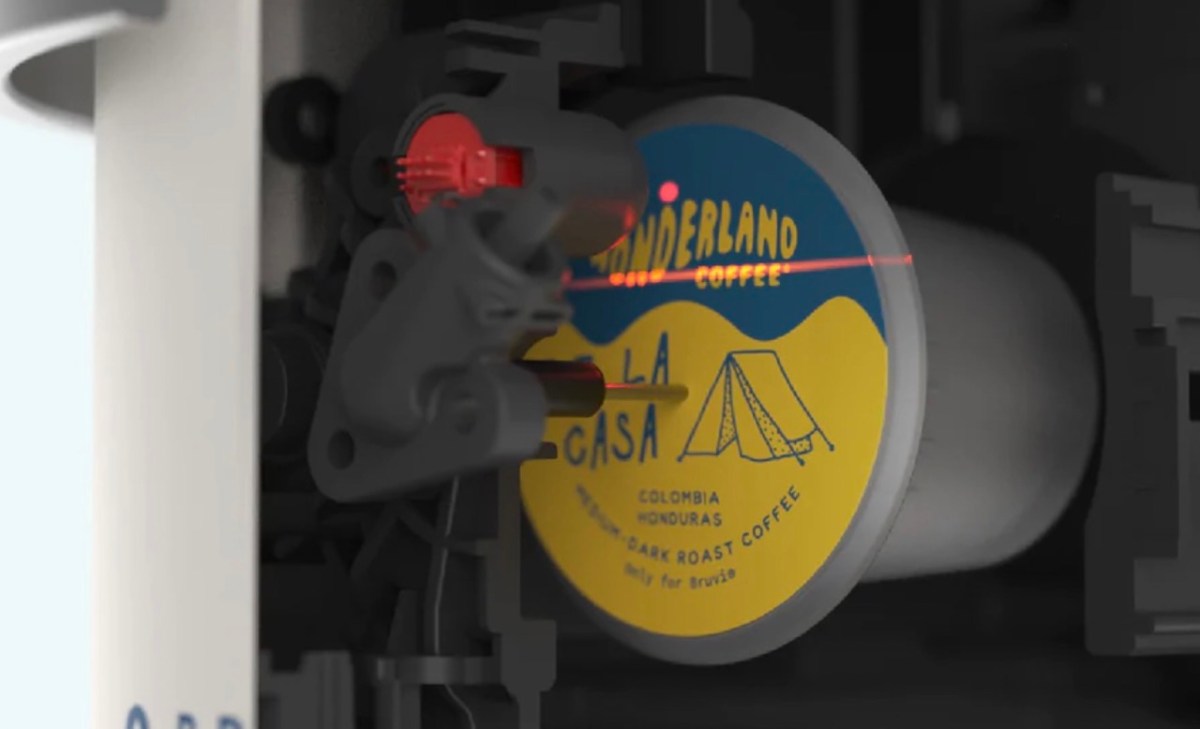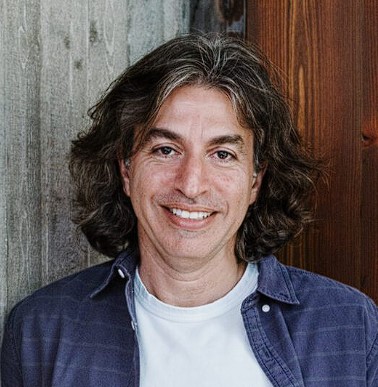Mel Elias | Source | Founder at Bruvi

Mel Elias
Mel Elias is the Founder of Bruvi and former President & CEO of The Coffee Bean & Tea Leaf. He has past and present Board experience in CPG and consumer facing businesses, both in the US and internationally. He is currently an advisor and board member to various venture funds and businesses from coffee and cannabis retail to music production. He's based in Los Angeles.
Mel is currently focusing his attention on Bruvi, a start-up he recently co-founded which launched its breakthrough coffee capsule system in the US in 2022. Bruvi provides noticeably tastier coffee in the convenience of an eco-conscious capsule system for an addressable market in excess of 62M households.
Mel started in the specialty coffee business in 1998 and became President and CEO of The Coffee Bean & Tea Leaf in 2008, until it was sold to private equity in 2013. He was responsible for growing the brand to over 1,000 stores and creating a global omni-channel business in excess of $500 million in systemwide sales, employing over 12,000 people. He remained on the Board of The Coffee Bean & Tea Leaf with additional advisory duties until the company was recently sold again in September 2019.
Prior to his career in coffee retail, Mel was the Managing Director of the Tower Records Franchise in Malaysia and practiced law in Singapore for 2 years. Mel graduated from the London School of Economics and served in the Singapore Military for 2.5 years.
-
Bruvi
Founder
-
Bruvi's new coffee pods bio-degrade faster with the power of enzymes
Single-serve brewing eliminates the waste of batch brewing, and pre-portioning helps reduce spillage or other waste.
Article
-
The reality today is that the world uses a lot of plastic. But if we’re being really honest, there are still no scalable and truly commercially viable alternatives to this material — especially in the U.S. where access to industrial composting facilities is very limited. Plastic, especially for packaging, is cost-effective, preserves food freshness and safety and uses comparatively fewer natural resources or carbon footprint to produce. We think the biggest problem with plastic — especially single use plastic, is its end of life — i.e. plastic waste.

